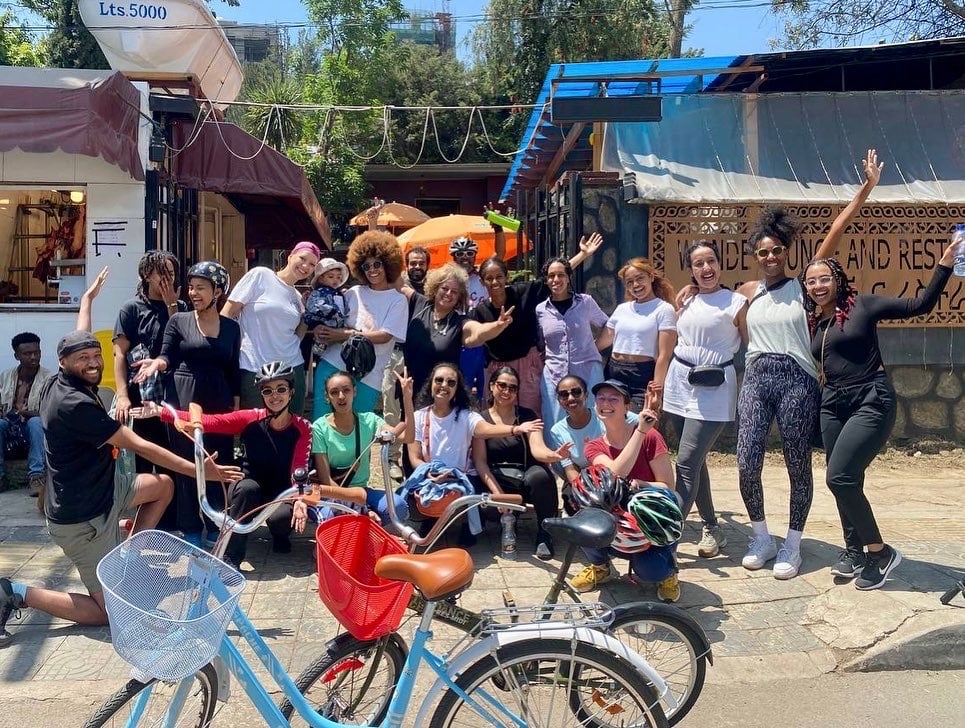Some may claim that we are at an all-time high in gender equality. However, in recent weeks we have seen dramatic cuts in women’s rights, clearly questioning the progress in gender equality that our mothers and sisters have fought for.

Some may claim that we are at an all-time high in gender equality. However, in recent weeks we have seen dramatic cuts in women’s rights, clearly questioning the progress in gender equality that our mothers and sisters have fought for.
While Women Mobilize Women mainly stands for gender equitable transport systems and a diverse transport sector, the fundamental principle we fight for is self-determination. Self-determination means that no matter what gender I identify with, I can use the mode of transport of my choice and feel safe. Self-determination means that I can control and decide about my own financial resources. Self-determination also means that I alone decide what happens to my body.
Moreover, the ongoing war in the Ukraine has also exposed the regression in equality and self-determination. In every violent conflict – including this one – sexual violence is systematically used as a weapon of war. Sexual violence is used to demonstrate power over others, violating any form of self-determination.
Systematically, this demonstration of power continues even in the aftermath of war, displacement and migration. Violence against refugees is a bitter reality and people in positions of power continuously exploit it. 20% of refugees or internally displaced women have faced sexual violence, and an upwards tendency can be observed.
Women Mobilize Women is convinced that our core concern – inclusive, safe and just mobility systems – cannot be achieved without addressing the underlying fundamental gender inequalities. Recent developments reveal that this battle is far from won.
We therefore stand with all women and oppressed communities to fight for their rights, self-determination and independence.
If you would like to further engage with us, please follow our new Twitter account @WomenMobilize or join our LinkedIn group WomenMobilizeWomen Community by TUMI.




You are currently viewing a placeholder content from X. To access the actual content, click the button below. Please note that doing so will share data with third-party providers.
More Information